Before this year’s conference in October, we’re getting to know some members of our Sirens community. In this attendee interview series, we talk to scholars, creators, professionals, readers, and more: about their love of fantasy literature, their current work and passions, why they chose to attend Sirens, and what keeps them coming back. We think you’ll find that our community is truly exemplary, and hope you’ll join us!
AMY TENBRINK: I want to ask you everything, but that feels like such an imposition! Let’s start here: Your bio includes the following sentence: “Her areas of interest include studies in death, gender, memory, grotesquerie, and post-colonialism; she is in eternal search for the thesis topic that combines all of the above.” Tell me, how does one channel all that amazingness into a graduate degree? What is the focus of your work?
REN IWAMOTO: I’m sure my supervisor would also like the answer to that question, but to give it the old college try: Channeling ideas for me is mostly just spewing bullshit until someone says something like, “Wow, I never thought of that before!” Then I bullshit some more and suddenly I have a thesis. Right now I’m really focusing on twentieth century East Asian literature — specifically during and post-WWII — with the intent of investigating the effects of Japanese colonialism. I was raised and educated in Canada, so bringing attention to this part of history, which has dodged a deserved spot in Western mass consciousness, fully into postcolonial discourse is important to me.
AMY: Last year at Sirens, you presented, with Marcella Haddad, a lecture titled “Death in a Dress: Is the ‘Girl Assassin’ Really a Strong Female Character?” This year, you’re presenting again, this time “Fight, Loli, Fight!: Lolita Fashion, Cute Culture, and Heroic Girlhood in Contemporary Media.” How do you craft your topics and what do you hope audiences take away from your presentations?
REN: I’m growing out of the habit of uncritical love. I love many things — girl assassins and anime, for example — and for a long time I thought that because those things were worthy of being loved I didn’t need to find the flaws in them. Or perhaps more accurately: I worried that if I found the flaws in something, I couldn’t love it anymore. But that’s a lazy way to consume media, and lacking in nuance. Investigating the parts of media I didn’t want to think about before is the origin of both my papers. As with all my academic work, my only goal is to have my audience go, “huh,” and nod thoughtfully.
“Death in a Dress” was very pattern-oriented. I think stories featuring girl assassins, or girl warriors, or whatever, are often sold under the pretense of being subversive. “My heroine is strong and she doesn’t take any shit and also she’s sexy, but in a relatable way,” they seem to say. But all of them seem to say that. They all feature violence, subjugation, sex. Reading the novels, I thought that men could derive pleasure from seeing these female characters have violence inflicted upon them, and in turn perpetrate violence. So there’s really nothing subversive about them at all. That’s where the idea for the paper came from. Marcella generated a lot of questions about craft related to this idea, which I would never have even considered, so she added an invaluable dimension to the presentation.
“Fight, Loli, Fight” is actually pretty reactionary. There’s still a lot of media that equates the strong female character as either completely derisive of femininity, or otherwise she’s a femme fatale. To have a girl as hero — and I mean a girl, not a (young) woman — is many times more subversive. There is a nebulous distinction between young woman and girl that is essential here, and I hope to expand upon it in the full paper, but briefly: A girl can be feminine without being sexualized, have romance without sex, and yet their internal and external lives are still rich, nuanced, entertaining for viewers. That’s both refreshing, I think, and important. In any case, I picked on this thread because it happened to coincide with this year’s theme. So, essentially I started working on it on a whim and got in over my head, as usual.
AMY: What do you love about reading speculative fiction? What kinds of stories, worldbuilding, characters, or craft really speak to you?
REN: I think speculative fiction is all about boundaries: what’s acceptable, real, possible. All the givens of our world become mutable in spec fic, and that’s very special to me as both a reader and writer. The room for play is infinite, and the stories where I can see that sentiment reflected are my favourite.
AMY: And you’re a poet! You’ve described writing poetry as “Mostly, I just unleash a demon I have trapped in a rosewood box, and it does the work for me.” What about poetry as a medium appeals to you? Is it the demon?
Editor’s Note: We’ve included a selection of Ren’s poems at the end of the post. Please click on the titles to read their full text: Fruit Scissors; Obento; All-Saints Day.
REN: It’s the demon. The demon has special powers and makes me think that every day I’m alive fucking sucks, and tries to keep me in bed all day without eating or sleeping or anything, but that really doesn’t work for me. So we have a deal in which I’ll write poems as if every day I’m alive fucking sucks, but in reality I will live as happily, determinedly, uncompromisingly as I can.
As a medium—I’m very lazy, and a scrooge, when it comes to both writing and reading. To me, good poems are distillations, and say the most in the fewest words possible.
AMY: Why did you decide to come to Sirens? And then why did you decide to come back to Sirens?
REN: I was at a writers’ retreat run by Natalie Parker three or four years ago. Justina Ireland was there and said something to the effect of, “Sirens is the only conference I give a fuck about.” Last year I was finally able to scrape some funds together to attend, and now Sirens is the only conference I give a fuck about. It’s kind of like when you go to a party where you don’t know anyone, and you’re like, Ah, shit, but then you see someone wearing, like, a pin from a show you like. The relief you feel as you go to strike up a conversation! Sirens was like that except everyone was wearing a pin from a show I like.
AMY: Sirens is about discussing and deconstructing both gender and fantasy literature. Would you please tell us about a woman or nonbinary person—a family member, a friend, a reader, an author, an editor, a character, anyone—who has changed your life?
REN: [Content warning: suicide mention]
Not to sound like a total Leo, but I change my own life. I tried to die twice! And yet I’m still here helping my friends out, writing poems, getting money, educating myself, and transmogrifying into something unspeakable beneath the light of the full moon! Isn’t it radical, equally destructive and constructive, for me, someone with one foot in Woman and one foot in Other, to keep living? This isn’t to say I didn’t have help — my parents, my therapist, my friends — but I’m the one who put in the work. It was me. It continues to be me.
Ren Iwamoto is a Japanese-Canadian grad student from the tenth dimension. Her areas of interest include studies in death, gender, memory, grotesquerie, and post-colonialism; she is in eternal search for the thesis topic that combines all of the above. Her poetry has been featured in multiple publications.
FRUIT SCISSORS
[Bywords Magazine, bywords.ca, August 2018]
i trace a line
of blood up
my thigh touch
pulpy red
meat a grapefruit
between
my lips
my legs cut
across streets
swiftly scissoring
towards a women’s
clinic my pants
are black they
show no
stains
like rotten
plums my body
invites parasites
i pinch their
tender pink heads
their undeveloped
heads and
pull them out
in a burst of blood
my legs cut
across streets
swiftly scissoring
away from a women’s
clinic my pants
are black they
show no
stains
OBENTO
[In/Words Magazine & Press, Issue 17.1, February 2018]
When Mama and Papa go to work
my obaa-chan makes me lunch. Rice,
pickled plum and radish, hardboiled eggs
marinated in shoyu and mirin.
Cucumbers cut into stars.
Some hakujin says, “Why are your eggs
black? Looks gross.”
I say, “Eat shit, Sarah. You have a
cheese sandwich every day. Look at this:
my grandma cuts my cucumbers into stars.
Shut up and drink your Five Alive.”
Detention (again).
At home: tuna sashimi,
red as an open wound.
Cold buckwheat noodles.
When Mama and Papa go to work,
my obaa-chan makes me lunch. White
bread. Juice box. Sarah keeps her mouth
shut; who’s eating shit
now?
ALL-SAINTS DAY
[above/ground press, GUEST Issue 1, November 2018]
my bones do not belong to me
alone like all saints
I donate this still-breathing
corpse to the faithful
may my blood be crystallized
tempered into glass
there you see my image
rendered in red casting
cursed light upon the praying
upon the back of the pastor’s neck
upon all the other holy things
the catacombs of my body
are for god alone to excavate
exhume my ugliest
pieces and gild them for display
under blessings and
the public eye
under the hands of popes
and preachers perhaps I
will become lovely
my ghost too
is a victim of love
chained down by devotion
caught in a jam jar
call me down like lightning
to pass through the veil
and inhabit your rivals
I will walk their bodies
into graves
into your arms
into a chapel done up in gold
and blood-colours
only the most loyal
servants haunt
their masters like I do
after death
humans are like empires
they collapse inwards
and disintegrate
I have seen the face of god
and it looks like your face
if you had seen a hundred-thousand
disappointing years

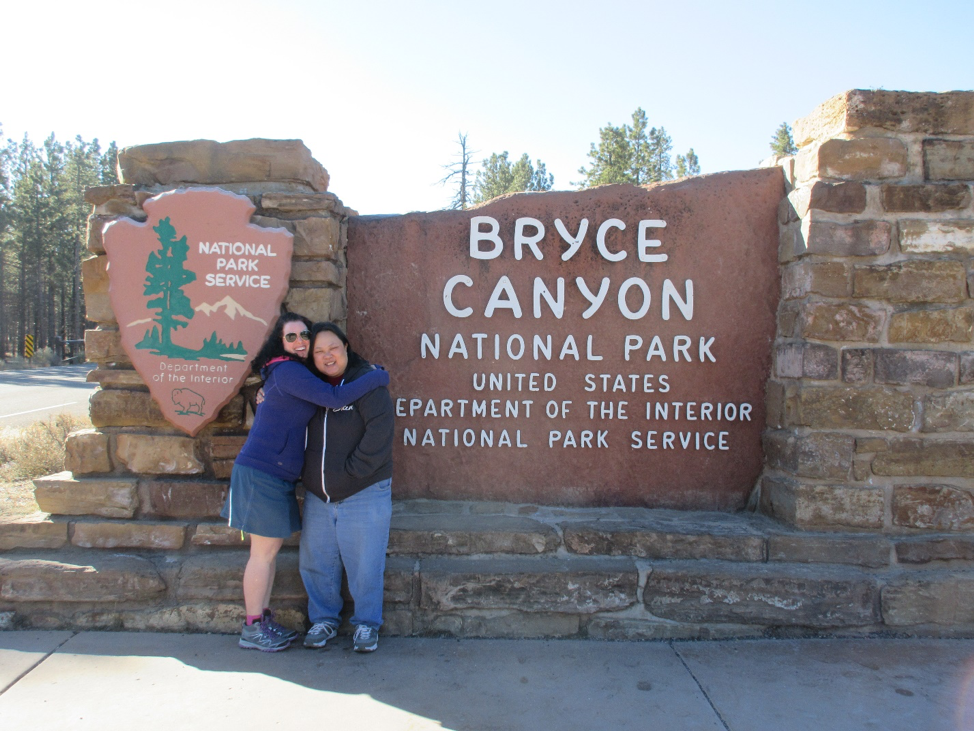
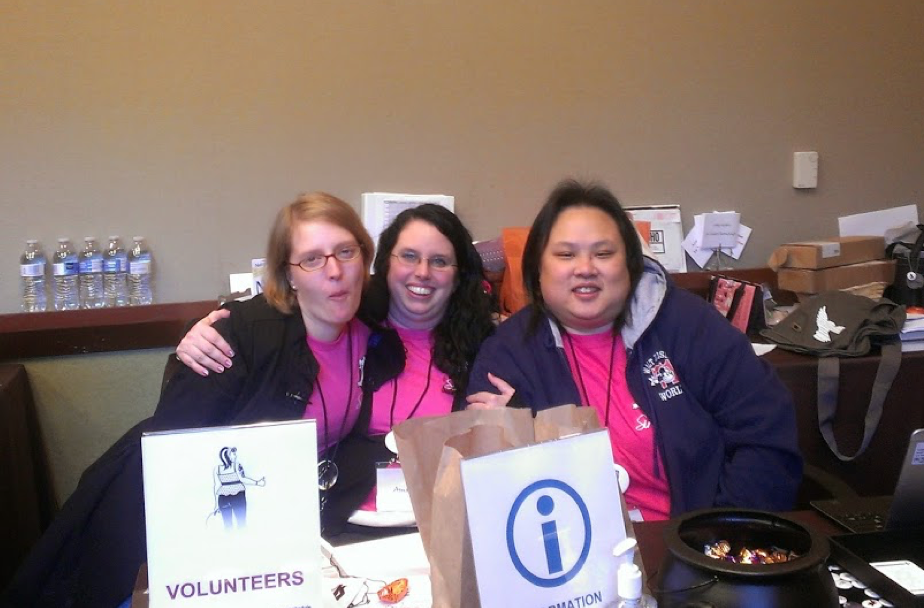
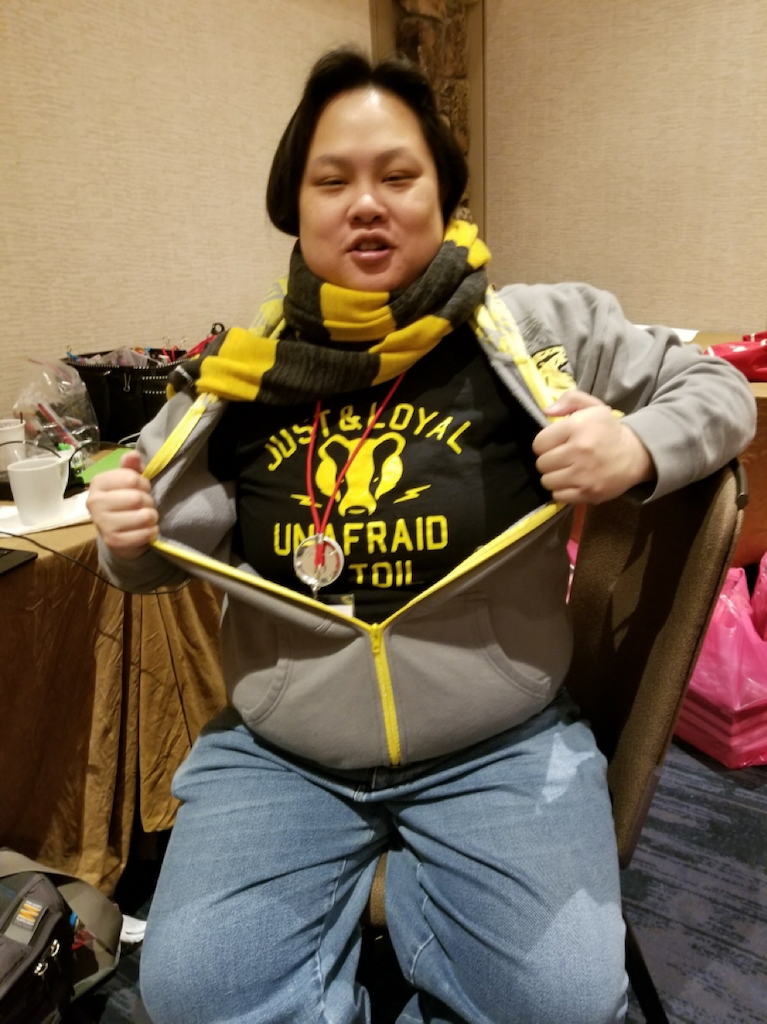
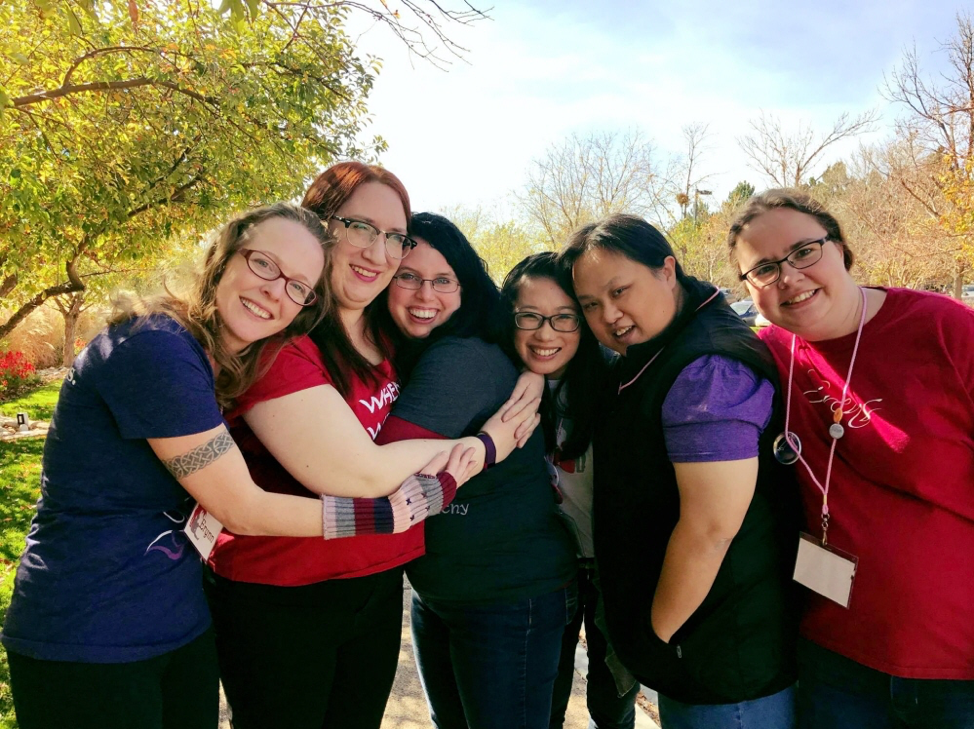
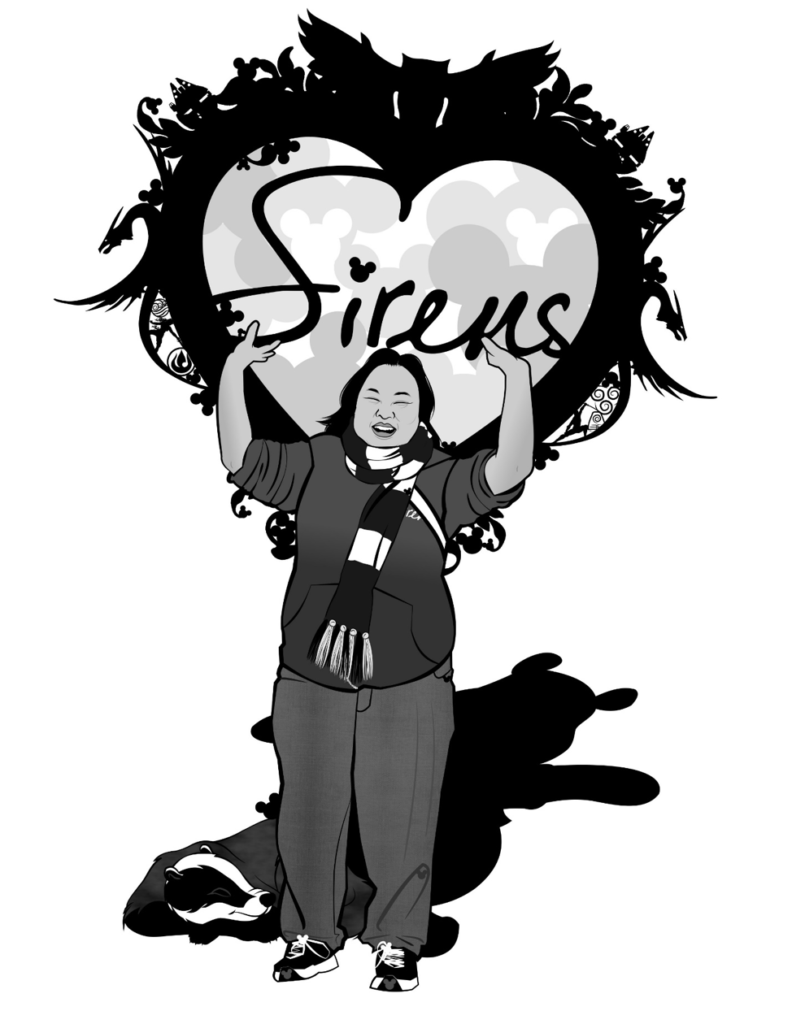




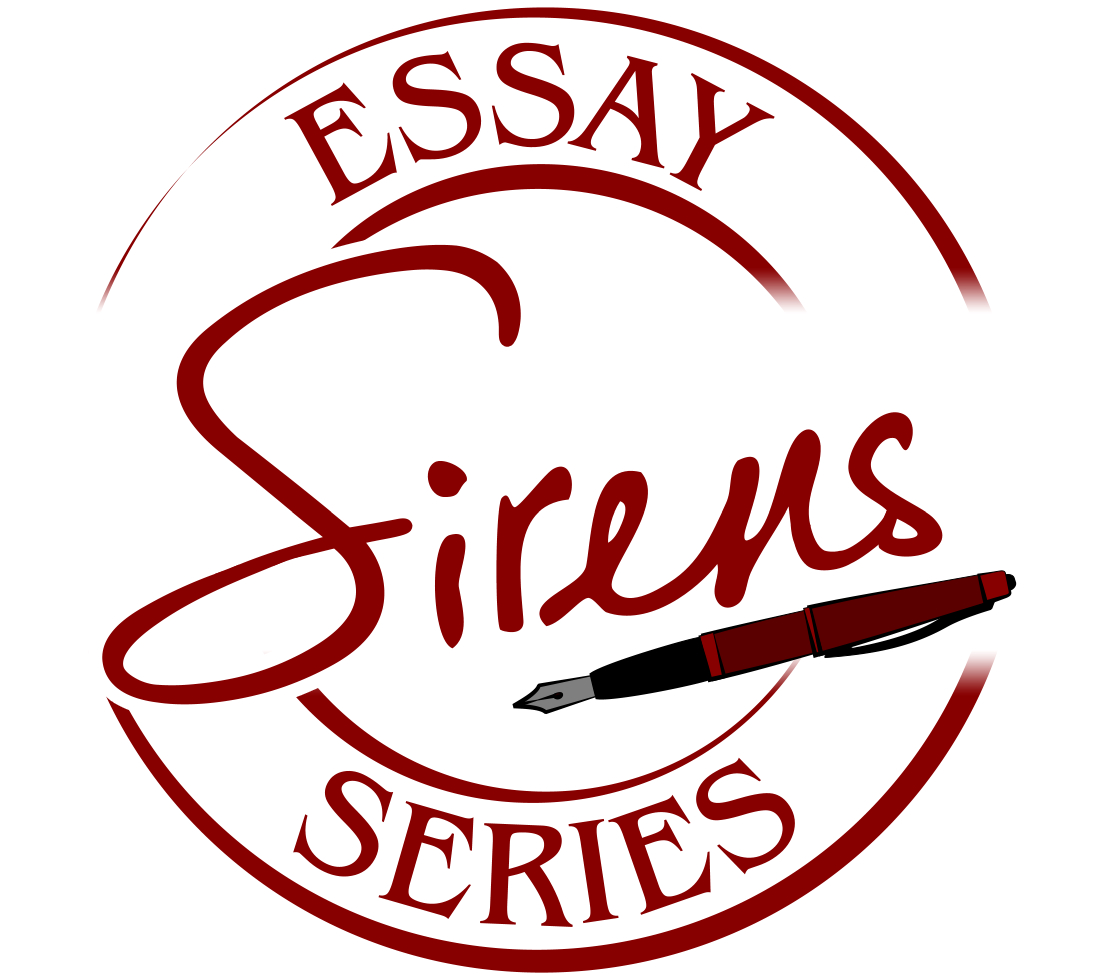
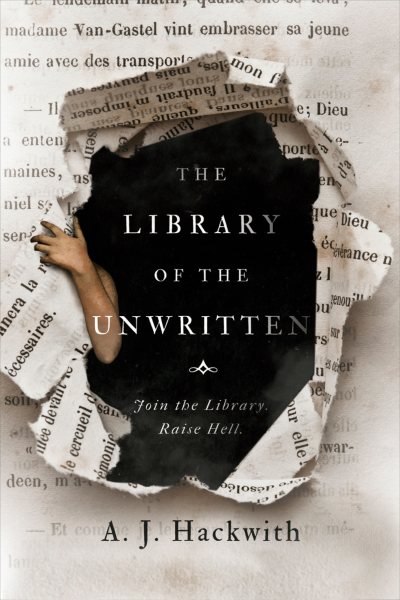
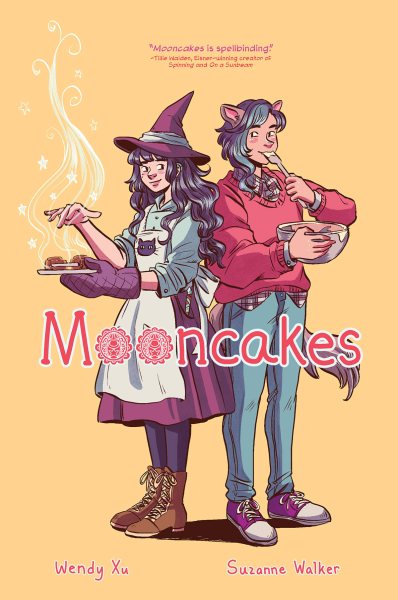


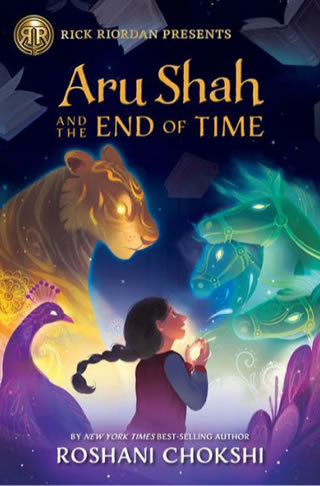
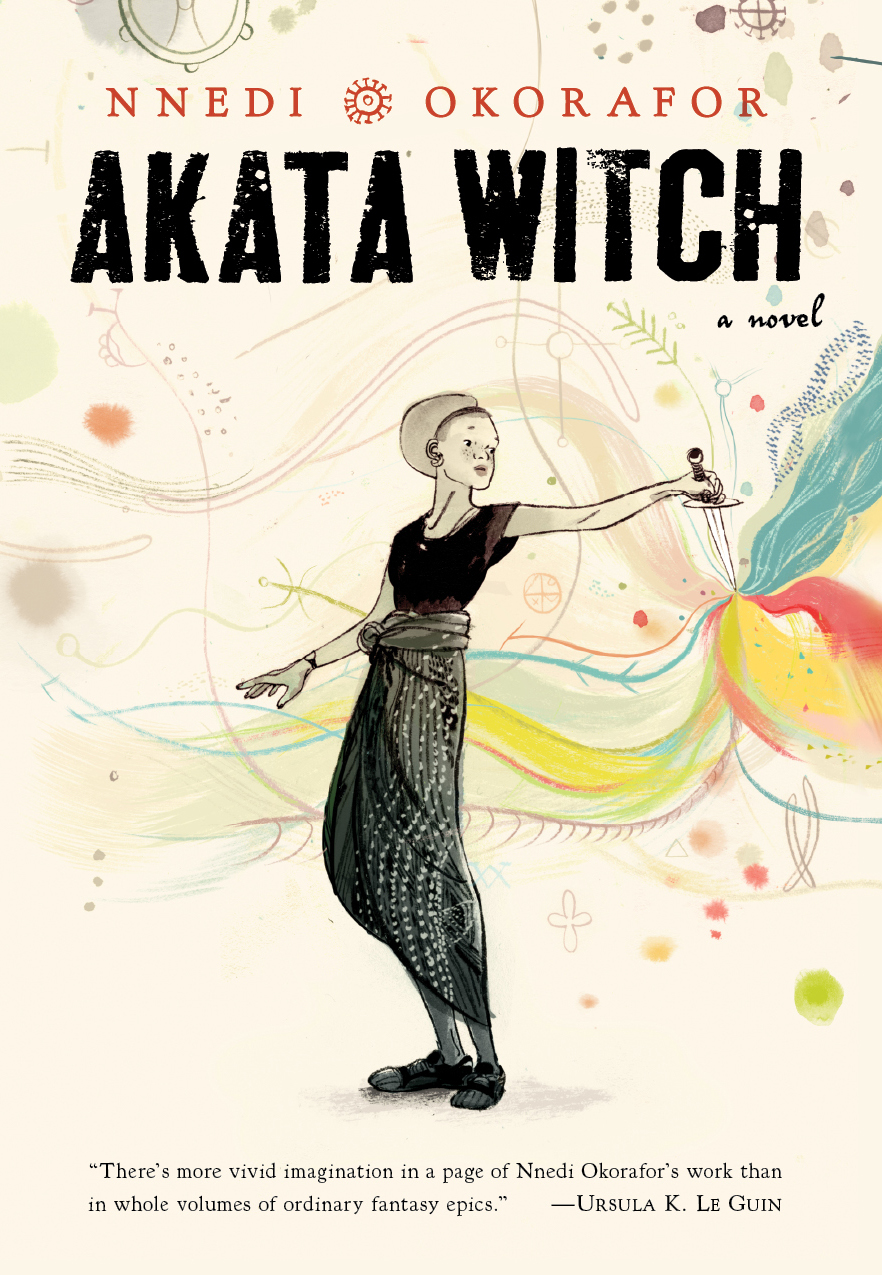
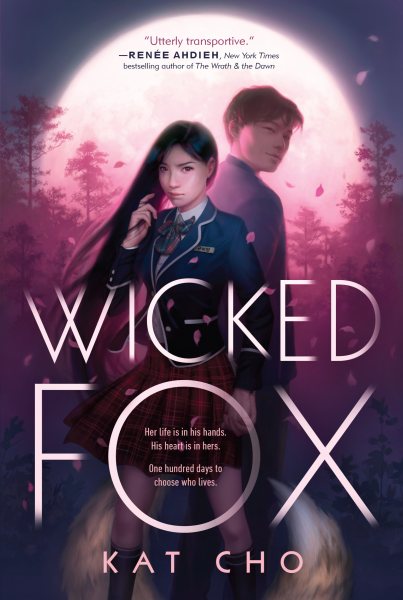
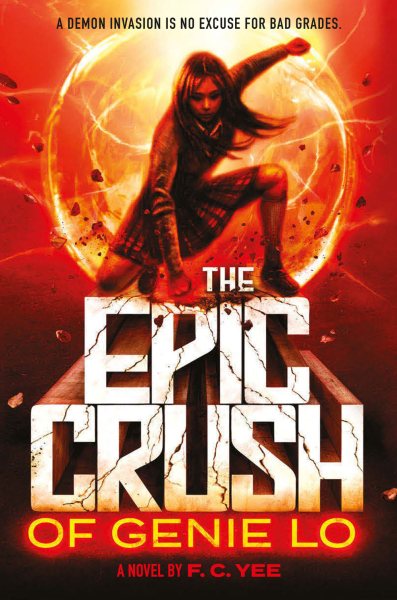
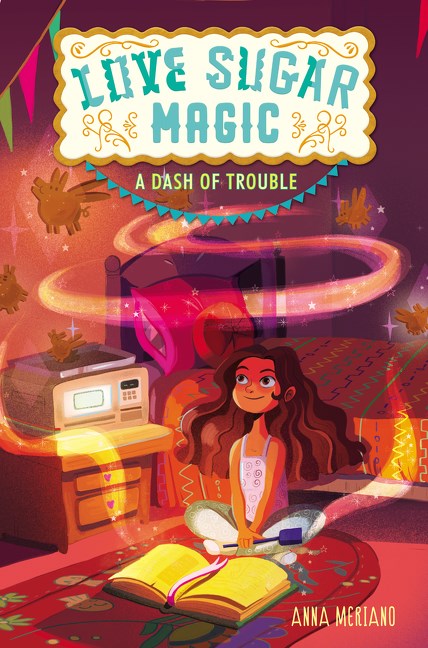
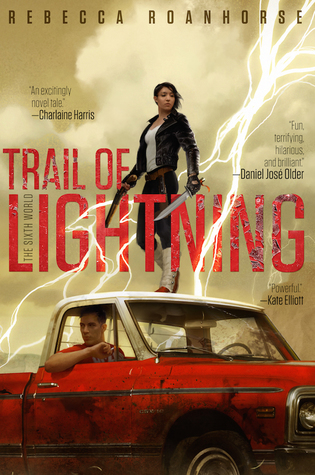










































































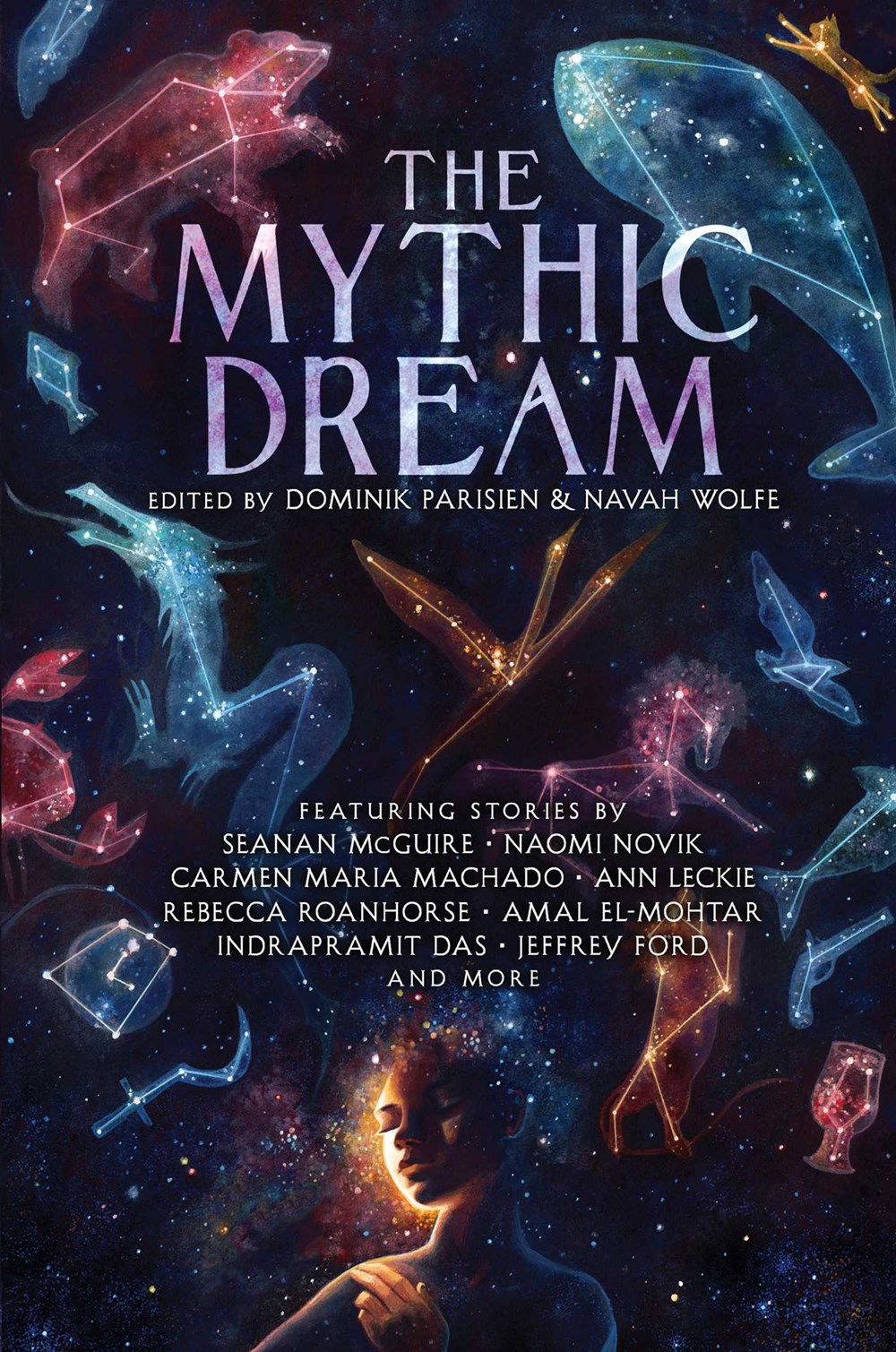

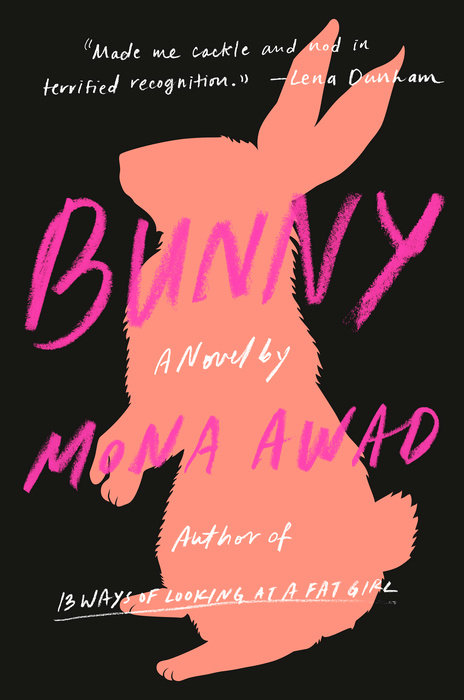
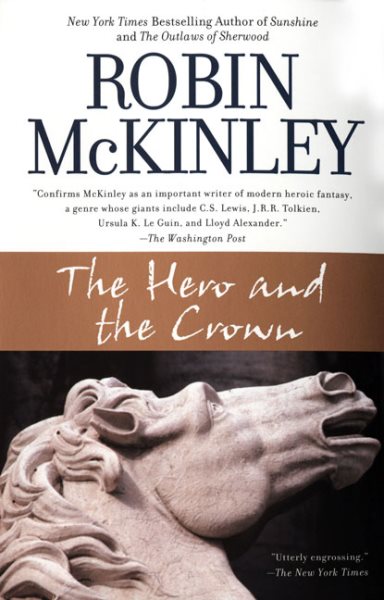



Connect with the Sirens community
Sign up for the Sirens newsletter